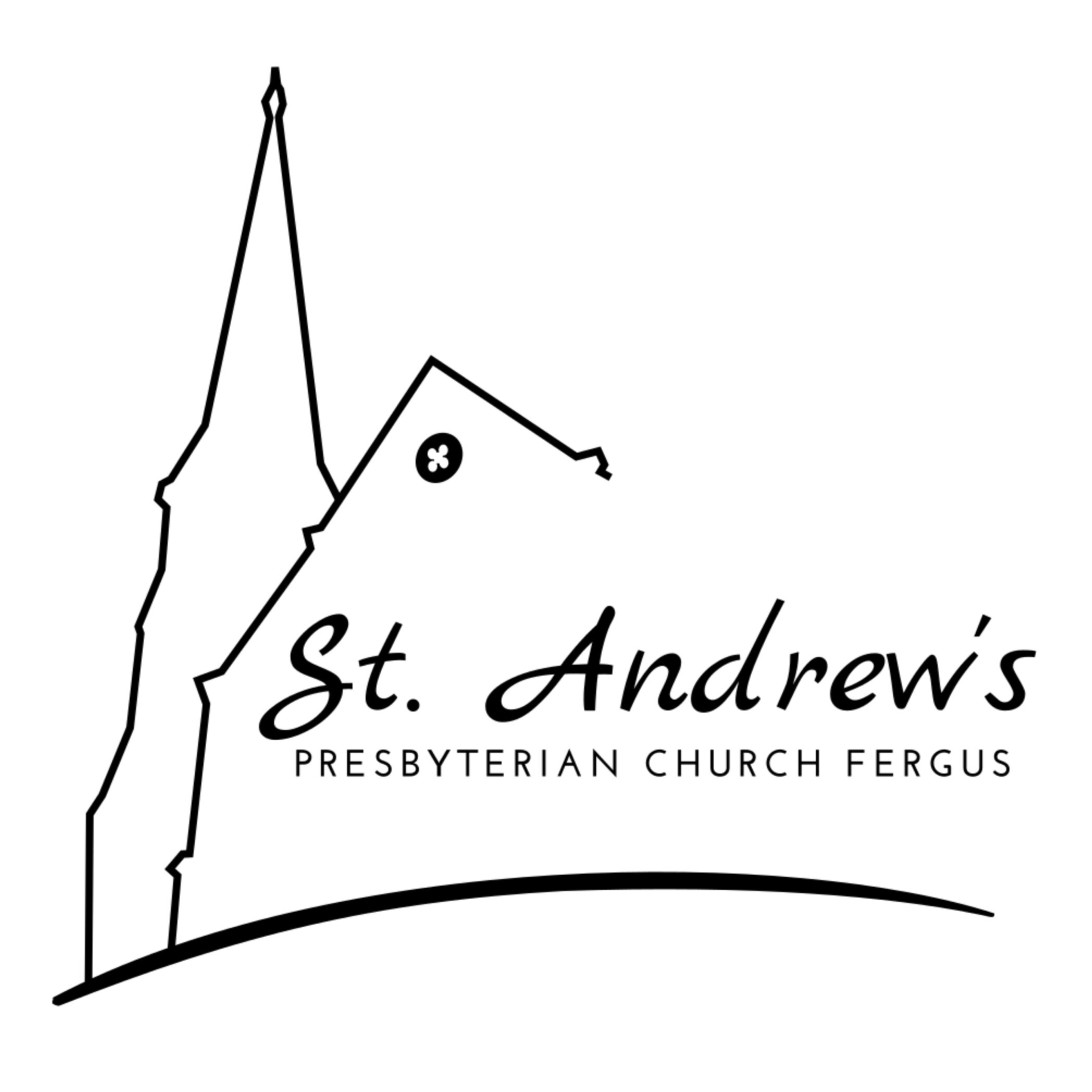The Declaration of Faith concerning Church and Nation
A Brief Commentary on
The Declaration of Faith concerning Church and Nation
A Theological Statement of The Presbyterian Church in Canada
Section 10: The Civil Government’s Duty Toward the Church
In its ordained service of God, the State has a three-fold duty to the Church. It has the duty of establishing public peace and providing protection, guarding impartially the rights of every citizen. It owes to the Church in all the Church’s branches, without partiality, the recognition of Church’s office and of Church’s consequent right to due resources, time and opportunity, for the public worship of God, for the education of the children of the Church in Christ’s truth, and for the evangelizing of the Nation. It must pay serious attention whenever its office-bearers are addressed by the Church in the name of the Lord Jesus concerning the kingdom of God and his righteousness.
Commentary:
After two sections outlining the responsibilities Christians collectively and individually have to the state, the Declaration turns to ask what duties does the State have to the Church. The answer is three duties.
First, the State is to establish public peace, that is to ensure that violent disorder and chaos are prevented, and the people can live in a context of peace. This provision of protection is to be offered to all citizens without partiality, without discrimination, equitably and fairly. There is not one law for the rich and another for the poor; there is not one set of rights for urbanites and another for people living in rural areas. There is the equitable protection of all within the State. The word “citizen” could be understood to mean only those who are citizens of the country, excluding non-citizens such as “strangers and foreigners”. However, given the emphatic call on the church to pray for “all people” living in the State (Section 8), “citizen” here appears to include all people living in the State. Thus, the State is duty bound to protect foreigners and newcomers as much as long-time citizens.
Second, the State owes – that is a strong word, implying a debt, an obligation – the Church the recognition of the Church’s distinct function in the State. The fulfillment of that function requires that the Church can acquire the resources to secure places for public worship, and that the Church is allowed time and the opportunity for public worship. The Church in other words can collect money without fear of having it being seized. The Church can worship without fear of participants being harassed, arrested, or worse. The Church is allowed to teach the children of members the good news of Jesus Christ. And the Church is to be allowed to share the good news widely and without restriction by the State. The right to evangelize exists first because Christ has commissioned the Church to do this and the State must not prevent the Church from doing what Christ has commanded the church to do. Second, as Section 8 stated, evangelism “promotes righteousness and peace among people”, which supports the State in its calling to protect people and preserve peace.
The State is to allow the Church to do this without showing preference or partiality to one branch of the Church over another. This concern has roots in the Clergy Reserve struggles in Canada in the 19th century, where the State showed preference (through the gifting of land) for one branch (denomination) of the church over another. But the risk of the State showing preferential treatment of some religious groups over others is not just in the past. The government must not privilege one religious expression over another; it must not discriminate against particular religious expressions while not restricting other religious expressions. The Declaration focusses on Christian Churches in this section, yet it would seem logical to extend the call for non-partiality to include all religious groups (freedom of religion). This would also assume that an agnostic secularism is in fact a religious practice and conviction and must not be privileged by the State any more than any other religious expression.
Third, the State is called to listen carefully to the Church when the Church fulfills its prophetic role and holds the State responsible for the State’s actions, words, and policies. This then is the State’s response to the Church fulfilling its function as described in Section 8, “the Church declares and commits itself to Christ’s will by public proclamations of the Church courts or agents.” The Church has been called to speak; the State is duty bound to listen. Here again the distinct functions of Church and State which are not to be confused are seen to overlay each other.
